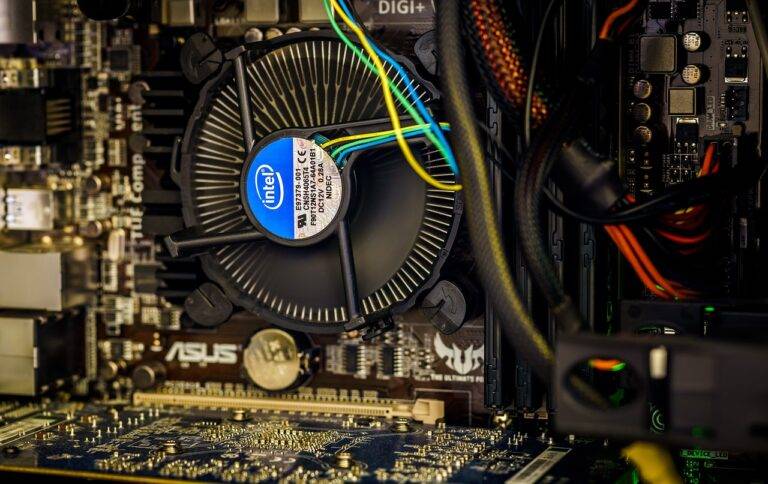The Potential of Quantum Sensors
Quantum sensors are poised to revolutionize various fields, from healthcare to environmental monitoring, by offering unprecedented sensitivity and precision in measuring physical quantities. These cutting-edge devices harness the principles of quantum mechanics to achieve levels of performance that were previously thought to be impossible.
One of the key advantages of quantum sensors is their ability to detect extremely weak signals with high accuracy. Traditional sensors often struggle to distinguish signals from noise in low-intensity environments, but quantum sensors excel in these scenarios, making them invaluable tools for scientific research and industrial applications.
Applications in Healthcare
In the field of healthcare, quantum sensors hold great promise for improving diagnostic techniques and medical imaging technologies. For example, quantum sensors can be used to detect biomagnetic fields produced by the human body, providing insights into neurological activity and enabling early detection of diseases such as Alzheimer’s and Parkinson’s.
Moreover, quantum sensors can enhance the resolution and sensitivity of medical imaging modalities such as magnetic resonance imaging (MRI) and positron emission tomography (PET), allowing healthcare professionals to obtain more detailed and accurate images of the body’s internal structures and functions.
Environmental Monitoring
Quantum sensors also have important applications in environmental monitoring and geophysical exploration. By measuring subtle changes in gravitational, magnetic, and electromagnetic fields, quantum sensors can help scientists monitor natural phenomena such as earthquakes, volcanic activity, and climate change.
Furthermore, quantum sensors can be deployed in remote or harsh environments where traditional sensors may be impractical or unreliable, providing valuable data for scientific research and environmental management.
Navigation and Positioning
Another area where quantum sensors show great promise is in navigation and positioning systems. Quantum gyroscopes and accelerometers offer superior accuracy and stability compared to traditional inertial navigation systems, making them ideal for applications such as autonomous vehicles, unmanned aerial vehicles (UAVs), and maritime navigation.
Additionally, quantum sensors can enable precise positioning and navigation in GPS-denied environments such as underground tunnels, urban canyons, and indoor spaces, where traditional GPS-based systems may be unavailable or ineffective.
Challenges and Considerations
Despite their potential, quantum sensors also face challenges and considerations that must be addressed for widespread adoption. One challenge is the complexity and cost of developing and manufacturing quantum sensors, which require highly specialized equipment and expertise.
Furthermore, there are considerations related to scalability, reliability, and integration of quantum sensors into existing systems and infrastructure. As quantum technology continues to advance, efforts are underway to address these challenges and unlock the full potential of quantum sensors for practical applications.
Future Outlook
Looking ahead, the future of quantum sensors looks promising, with ongoing research and development efforts aimed at improving performance, reducing costs, and expanding applications. As quantum technology matures and becomes more accessible, we can expect to see quantum sensors playing an increasingly important role in various fields, from healthcare and environmental monitoring to navigation and beyond.
FAQs
Q: What are quantum sensors?
A: Quantum sensors are devices that leverage the principles of quantum mechanics to measure physical quantities such as magnetic fields, gravitational fields, and electromagnetic fields with unprecedented sensitivity and precision.
Q: What are some applications of quantum sensors?
A: Some applications include healthcare (e.g., medical imaging, biomagnetic field detection), environmental monitoring (e.g., earthquake detection, climate change monitoring), navigation and positioning (e.g., inertial navigation, GPS-denied navigation), and more.
Q: What are some challenges of using quantum sensors?
A: Some challenges include complexity and cost, scalability and reliability, and integration into existing systems and infrastructure.
In conclusion, quantum sensors hold immense potential for revolutionizing various fields by offering unprecedented sensitivity and precision in measuring physical quantities. From healthcare and environmental monitoring to navigation and positioning, quantum sensors are poised to enable new capabilities and insights that were previously unattainable with traditional sensor technologies.





